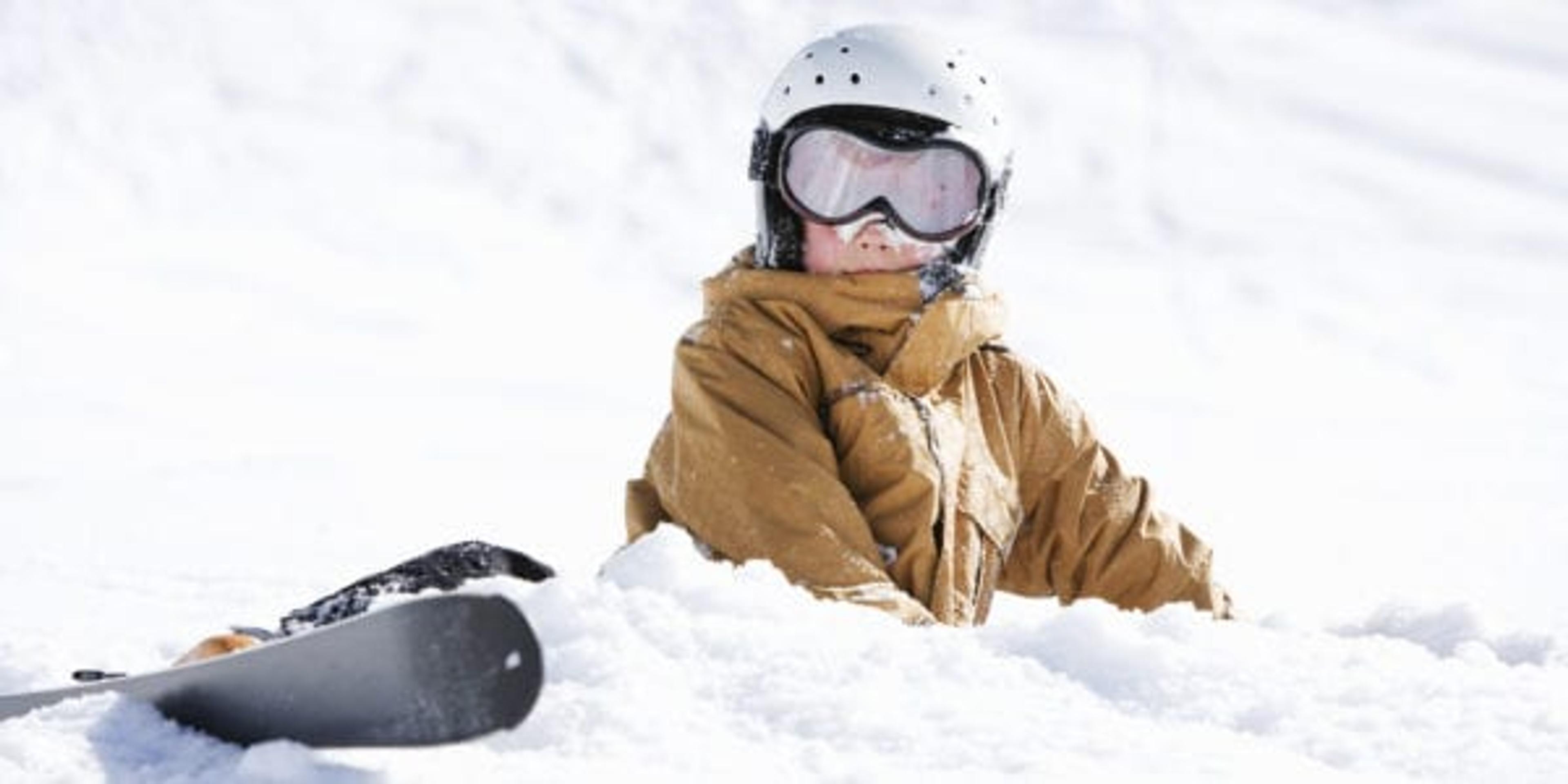Why Protecting Your ‘Melon’ Is Important When Sledding, Skiing
Shandra Martinez
| 3 min read

Embracing winter is such a big part of being a kid in Michigan. Once the snow starts coming down, activities like sledding, ice skating, and winter sports like downhill skiing and snowboarding become a part of after-school and weekend fun for many kids and teens.
But as with any fast-moving activity or sport that takes place in a group of people, there’s a risk of injury. Discussions about winter sports and head injuries have been getting a lot more attention from parents and health care providers in recent years.
Each year, more than 20,000 children and teens are taken to hospital emergency rooms in the United States with sledding injuries. Among these, broken bones and head injuries are the most common, according to pediatric health care providers at the University of Michigan. Head injuries can include a bruise or contusion, bump to the head or even a concussion. Some of these injuries can have long-lasting effects. They are a big reason why many parents are making sure their children are wearing helmets or other protective headwear when they are participating in activities like sledding, downhill skiing and snowboarding.
The Centers for Disease Control and Prevention recommends children and teens wear helmets when playing winter sports like ice hockey, snowboarding and downhill skiing. Many health care providers also recommend head protection for kids on sledding hills, as well. While the CDC says no helmet is concussion-proof, wearing a helmet during winter sports can help protect children and teens and lessen the chance of a serious brain injury.
Sledding helmets. While there are no helmets designed specifically for kids to wear when they hit the sledding hills, health care providers say any well-made headgear will offer some protection. Ski, bicycle or even skateboard helmets can be worn while sledding, the U.S. Consumer Product Safety Commission recommends.
How to pick the right helmet for skiing and snowboarding. There are a few key things to keep in mind when selecting the right kind of protective gear for downhill sports:
- Get the right size: Make sure the child or teen tries on the new helmet before you buy it.
- Get the right fit: It should be a snug fit. There should be no loose feeling or gaps between the helmet’s inside foam or padding and the person’s head. It should not pinch or feel so tight it causes headaches.
- Check their vision: Can your child or teen see well when wearing the helmet? If it slips down over their eyes or does not allow them to have peripheral vision, choose a different style.
- Purchase only certified helmets: All helmets should be labeled as ASTM-certified, which means it meets basic safety standards, the CDC recommends.
- Inspect helmets regularly: Once you purchase a helmet, check it often for cracks, dents or other damage. Any helmet with visible defects should be replaced immediately.
Related:
Photo credit: Getty





